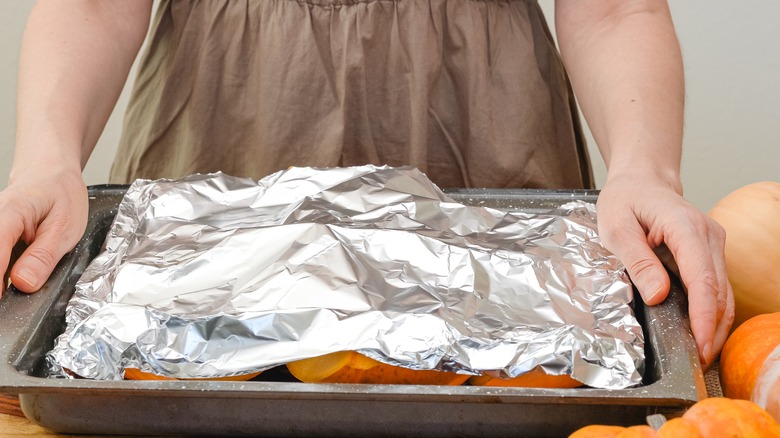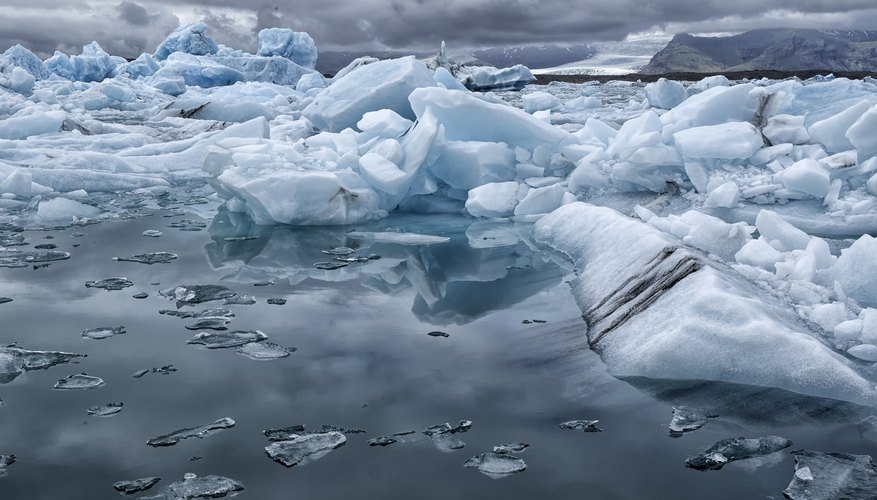How Long Does It Take For A Grave To Sink?
The time it takes for a grave to sink can vary widely, depending on several factors such as the type of soil, the climate, the material of the coffin, and the depth of the grave. On average, it can take anywhere from a few months to a few years for a grave to sink completely. … Read more










